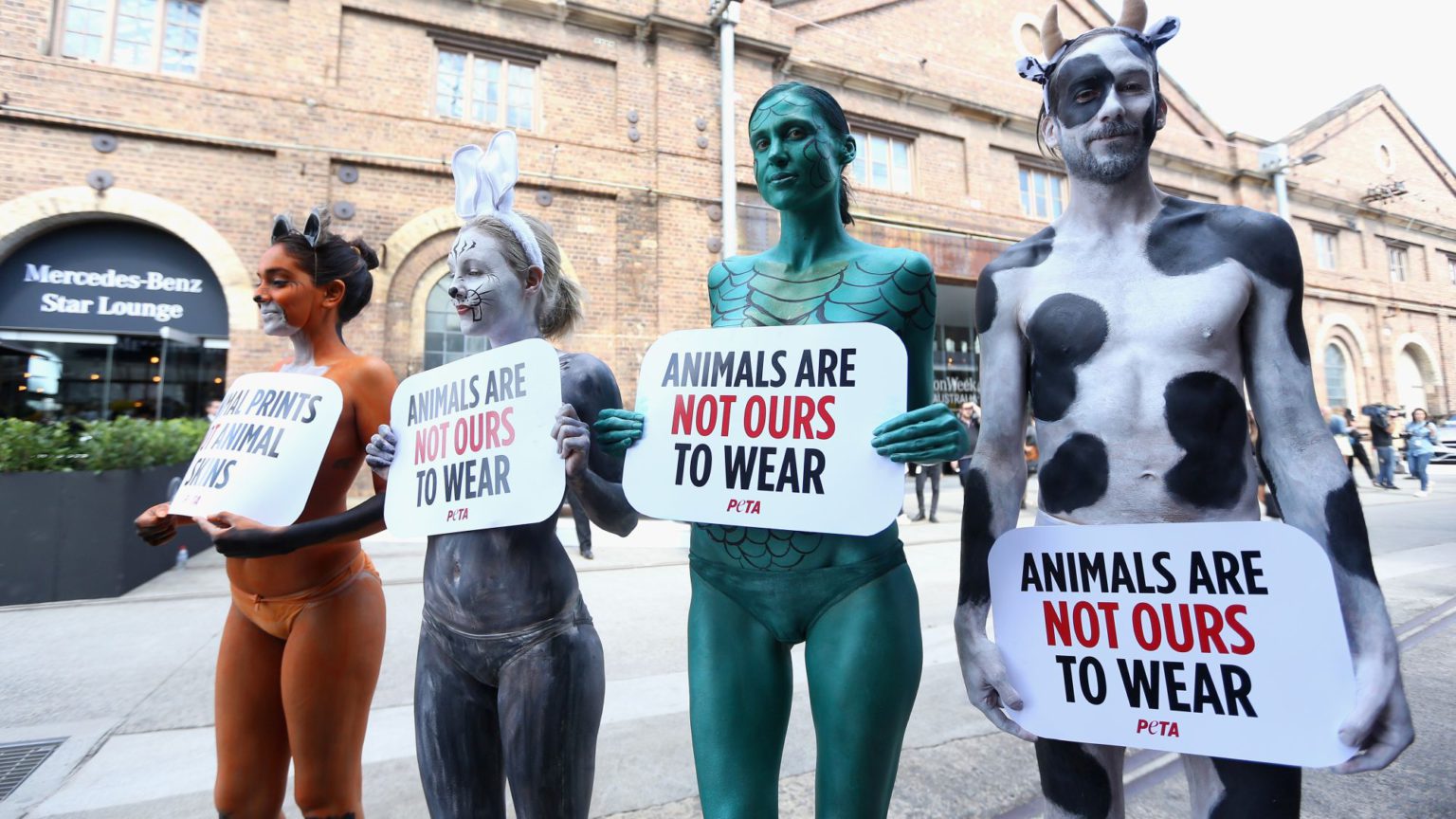First fur, now wool?
The war on animal products is bad for conservation and bad for the poor.

Want unlimited, ad-free access? Become a spiked supporter.
Whether it is silk, cashmere, leather or fur, animal-derived fashion products are increasingly coming under fire from activist groups.
Campaigns to ban fur have transformed into a broader movement against all animal-derived products. The animal-rights organisation, PETA (People for the Ethical Treatment of Animals), is now using its considerable resources to campaign against wool. Even though farming wool does not kill any animals, PETA claims there is no ethical way to shear sheep for it. It is pressuring fashion retailers like Forever 21 to stop using wool completely.
It is fine for individuals to choose to avoid animal-derived fashion products for ethical or even aesthetic reasons. But these campaigns are restricting consumer choice and having unintended adverse consequences.
Campaigns to ban fur, for instance, have resulted in animal-derived products being replaced by plastic ones – fake fur is based on polyester. But while faux fur is lauded as animal-friendly, environmental campaigners are forever criticising plastic products for polluting the oceans. Natural fur is compostable and doesn’t impact the environment in this way. Leather is also biodegradable, while silk and wool are both biodegradable and easy to recycle.
What is more, the harvesting of animal products can be incredibly important to the conservation of these animals. When Chanel decided to ban the use of so-called wild skins (from snakes, crocodiles, lizards and other reptiles), a number of conservationists argued that this would significantly harm conservation efforts. ‘Well-managed and sustainable trade in wildlife has proved to be an effective incentive to conserve, and the consequences of removing the incentives are serious and disturbing’, they wrote in Business of Fashion.
There is also a significant human cost to banning certain products, particularly in the developing world. While cashmere (or pashmina), for instance, is derided by animal-rights groups, the production process of goat farming, fibre collection, spinning, weaving, dyeing, design stamping, embroidery and washing contributes enormously to local economies and communities.
Of course, concerns about animal welfare need to be heard. Bad actors need to be held to account and driven out of the market where necessary, whether they are producers who flout animal-welfare rules or those who do not accurately label their products.
But bans on animal-derived products end up damaging conservation, hurting the global south and restricting consumer choice.
Bill Wirtz is a policy analyst for the Consumer Choice Center.
Picture by: Getty.
No paywall. No subscriptions
spiked is free for all
Donate today to keep us fighting
You’ve hit your monthly free article limit.
Support spiked and get unlimited access.
Support spiked and get unlimited access
spiked is funded by readers like you. Only 0.1% of regular readers currently support us. If just 1% did, we could grow our team and step up the fight for free speech and democracy.
Become a spiked supporter and enjoy unlimited, ad-free access, bonus content and exclusive events – while helping to keep independent journalism alive.
Monthly support makes the biggest difference. Thank you.








Comments
Want to join the conversation?
Only spiked supporters and patrons, who donate regularly to us, can comment on our articles.